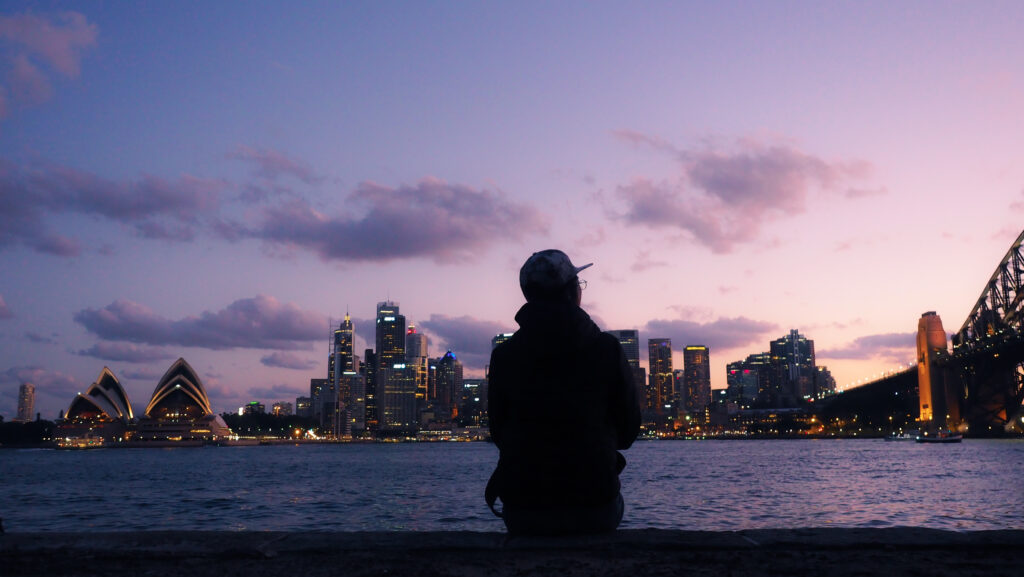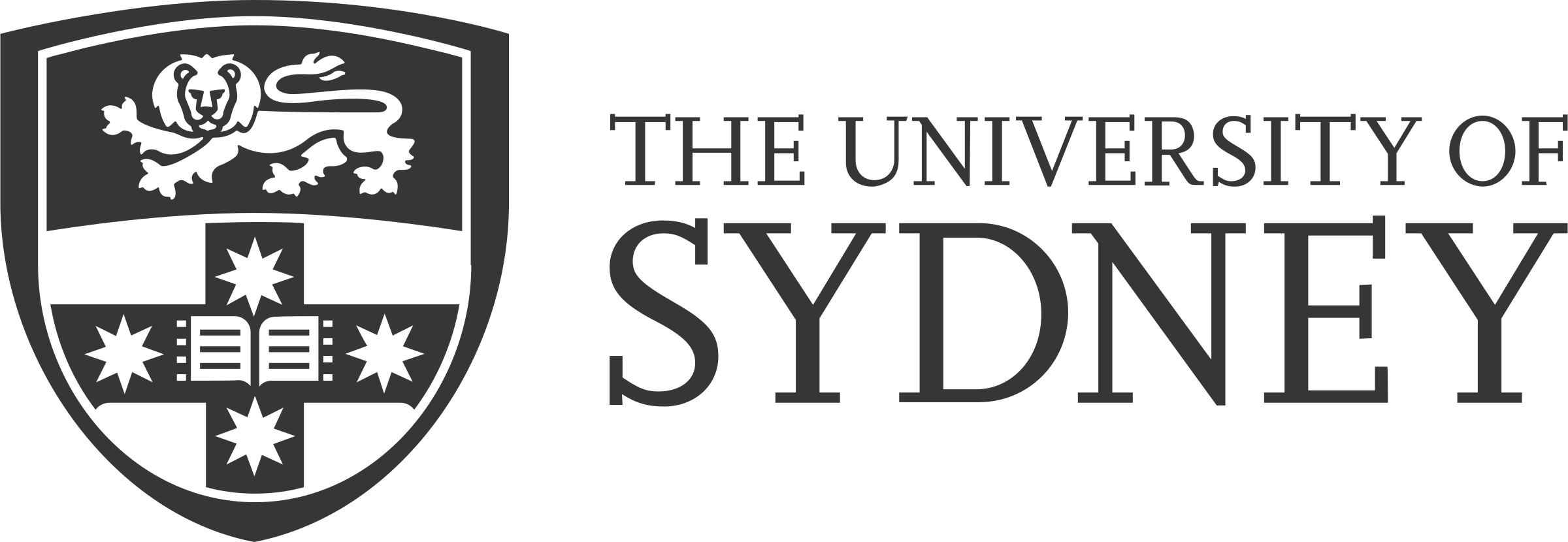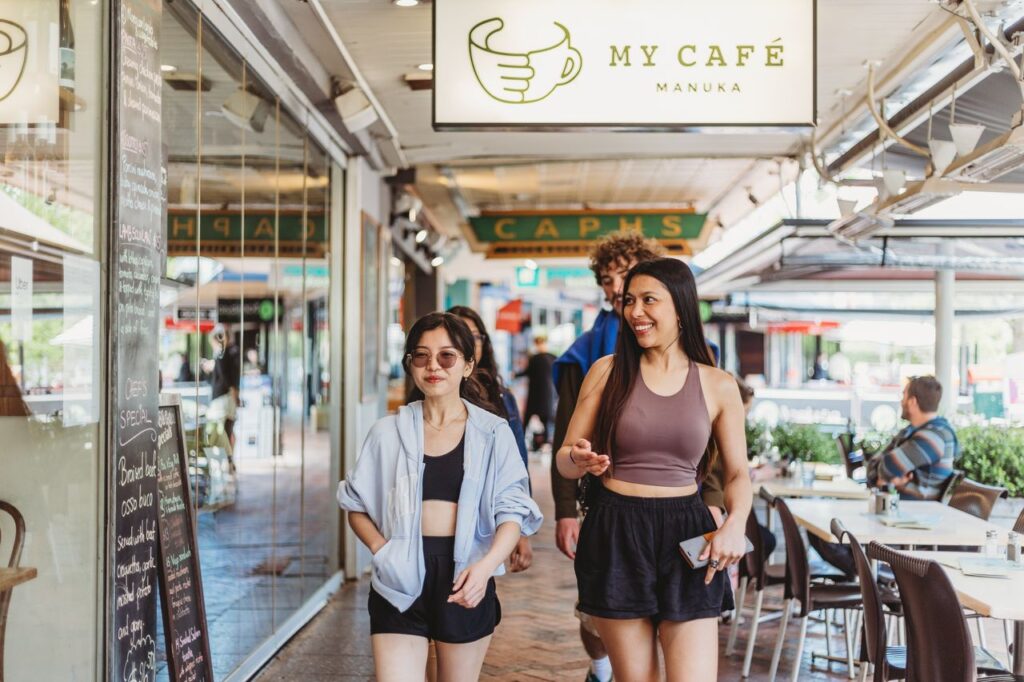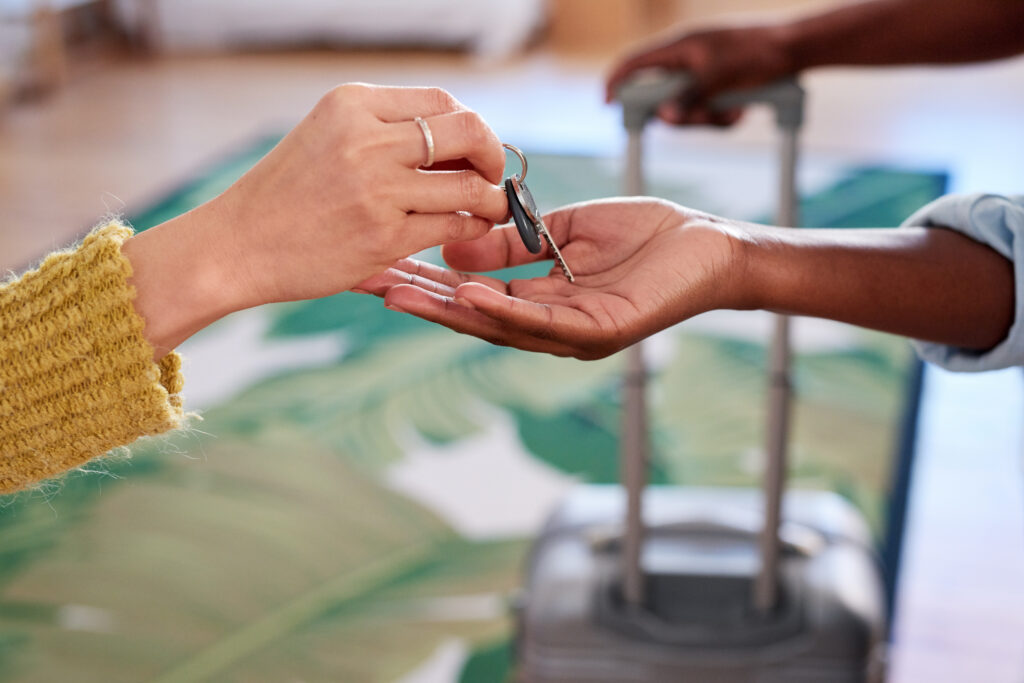Sydney – home of incredible beaches, world-class education and $16 poke bowls. Living in Australia’s largest city comes with its perks, but it can also be a challenge navigating a higher cost of rent, food and leisure activities to what you’re used to back home, all while studying.
Scholarship recipients Siska and Umar are two students at The University of Sydney.
Siska is a PhD candidate in the Faculty of Science specialising in Life and Environmental Sciences. Umar is a disability activist pursuing a PhD in Media and Communications. Both receive stipends – fixed amounts of money as part of their scholarships that help offset day-to-day expenses.
To help current and future international students considering the move to Sydney, we spoke to Siska and Umar about how to navigate Sydney’s cost of living on a student budget.
Set clear goals and plan ahead
After Siska was awarded the LPDP Scholarship, provided by the Indonesia Endowment Fund for Education in 2019, she set her sights on Sydney. Here, she could pursue a PhD to support her commitment to advancing sustainable agricultural practices.
When it comes to managing the cost of living in Sydney while studying, her advice is to set clear financial goals.
“I established a goal to prioritise expenses that directly impact my student experience, such as securing affordable accommodation and sustaining a healthy lifestyle,” she says.
However, she also understands things may not always go to plan, and it’s important to be flexible:
“If you encounter obstacles along the way and find yourself unable to meet your goals, don’t be discouraged. Instead, take the opportunity to reassess and replan accordingly,” she adds.
Similarly, Umar was awarded the LPDP Scholarship to further his research on Instagram-based disability activism in his home country. While living and studying in Sydney as an international student can be a challenging – but rewarding! – adventure, he acknowledges that it’s not difficult if you plan well.
“Make a spending table if necessary, so that when you approach your limit, you can immediately stop yourself from unnecessary expenses,” he shares.
Budget, budget, budget
Budgeting is an essential part of managing your cost of living in any city or town, not just in Sydney. Both Siska and Umar have set budgets from their stipends, prioritising essential expenses such as rent and food.
“A strategic approach to incorporating the scholarship into my budget involves meticulous tracking of weekly expenses. Following a month in Sydney, I outlined weekly, fortnightly and monthly expenditures. This provided me with a clear understanding of my financial commitments,” Siska says.
“I categorise expenses into three main areas: basic needs, social and leisure. I carefully allocate my basic needs within my weekly planning budget. My allocation for social activities fluctuates depending on the frequency of events and outings,” she explains.
Like Siska, Umar takes a practical approach to his budget with a spreadsheet to control expenses. As living costs are higher in Sydney compared to his home country of Indonesia, he regularly prepares food at home and plans ahead for social events.
“I usually shop for groceries twice a week, sometimes at local markets like Paddy’s Markets or the Sydney Markets in Flemington for competitive prices! For daily meals, I cook more and do a weekly meal plan. I try to limit non-essential expenses by planning for social activities only up to twice a week and mostly on weekends for cheaper public transport costs,” Umar says.
Embrace the freebies
Educational institutions often provide free or discounted goods or services to their students. For Siska and Umar, the University of Sydney has been a great help in getting free food and resources.
“The University of Sydney has a FoodHub that allows students to choose five free grocery items,” Umar explains.
View this post on Instagram
“There are also many events that offer free food. During exam week, free breakfast, lunch and snacks are provided. The University also provides free access to software, cloud storage and other technology resources. More importantly, USYD provides grants and funding schemes for conferences and other academic activities which I think is very supportive,” he shares.
Siska was able to furnish her home for free by using pieces from past students:
“I’ve benefited from items left behind by students departing for their home countries, often finding useful items among their bounty,” she shares.
Get a part-time or casual job
In Australia, international students can work part-time to help stabilise their finances while studying. The allowance for international students to work up to 48 hours per fortnight, as per visa regulations, presents a practical option for managing expenses. This approach not only helps in covering the cost of living but also in gaining valuable local work experience and cultural immersion. Leveraging job platforms such as SEEK, Indeed and Facebook groups, alongside university career services, like the University of Sydney’s Careers Centre, can aid students in finding flexible work opportunities that align with their academic commitments.
Be smart with your money
There’s one thing Siska and Umar both agree on: there is no shortage of (free!) natural wonder in Sydney.
“The city has many free and inexpensive entertainment options that can help us escape from studying without breaking the bank. It is as simple as a picnic in the park with friends. I love to do a coastal walk at beaches, mostly Bondi Beach to Coogee Beach. It’s free and healthy!” Umar says.
For Siska, she loves spending her free time hiking, swimming and jogging. She also takes trips to the Blue Mountains on the weekends when travel rates are more budget-friendly.
“I’ve also joined Facebook groups such as Street Bounty – Western Suburbs (Sydney), where kind-hearted individuals regularly share surplus food items, helping me stretch my budget further,” she says.
“Furthermore, joining a local church has proven invaluable, granting access to various amenities and engaging activities.”
Whether you are an undergraduate, postgraduate coursework student or a postgraduate researcher, The University of Sydney have an array of scholarships that could be right for you.






